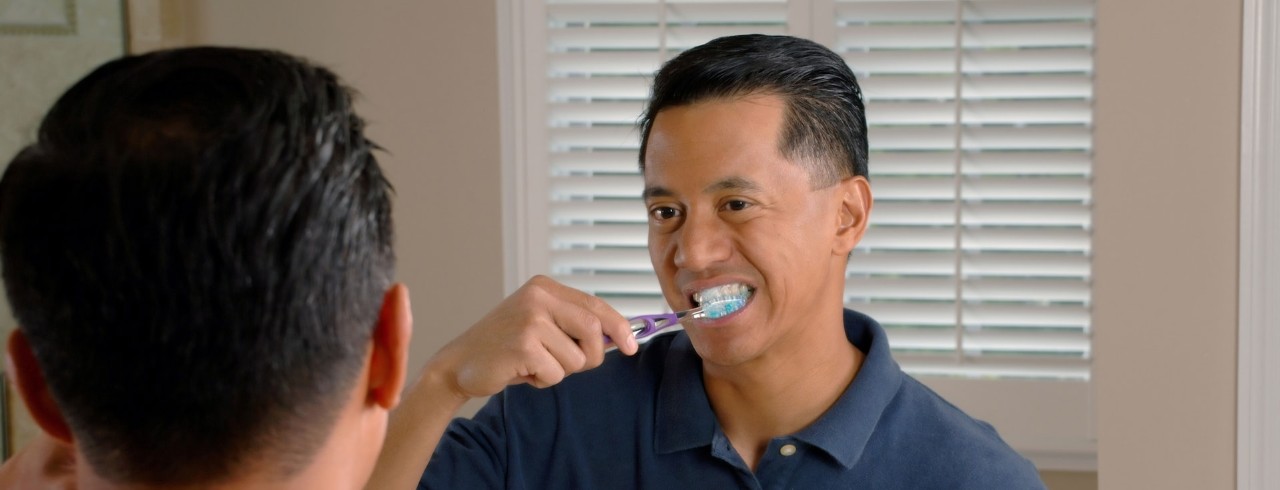
Yahoo News: Poor oral health may contribute to declines in brain health
UC expert comments on new study
A new research study suggests that flossing and brushing your teeth may offer benefits beyond avoiding cavities.
The study found adults who are genetically predisposed to poor oral health may also be more likely to show signs of declining brain health compared to people with healthy teeth and gums. Early intervention and treatment of poor oral health may also lead to brain health benefits, the study found.
The University of Cincinnati's Joseph Broderick, MD, was not involved in the study, but commented in a Yahoo News article. He said it is important to note the study did not find that improving dental hygiene directly improves brain health, but the results are "intriguing" and should lead to further research.
"Environmental factors such as smoking and health conditions such as diabetes are much stronger risk factors for poor oral health than any genetic marker except for rare genetic conditions associated with poor oral health, such as defective or missing enamel," said Broderick, professor in UC’s Department of Neurology and Rehabilitation Medicine in the College of Medicine, director of the UC Gardner Neuroscience Institute and a UC Health physician. "It is still good advice to pay attention to oral hygiene and health. However, since people with poor brain health are likely to be less attentive to good oral health compared to those with normal brain health, it is impossible to prove cause and effect."
Featured photo at top courtesy of Unsplash.
Related Stories
UC marks 4 years saving lives with mobile stroke unit
August 15, 2024
The University of Cincinnati's Christopher Richards spoke with Local 12 about the four-year anniversary of the mobile stroke unit that can bring the emergency department directly to patients.
Trial finds new drug safe, effective to treat deadliest form of epilepsy
October 23, 2024
MSN highlighted research presented by the University of Cincinnati’s Brandon Foreman that found ganaxolone is a safe and effective treatment for refractory status epilepticus.
WLWT: UC hosts RESET epilepsy trial
May 3, 2023
WLWT spoke with the University of Cincinnati's Brandon Foreman about a clinical trial testing a new treatment for status epilepticus, the most severe and deadly form of epilepsy.
